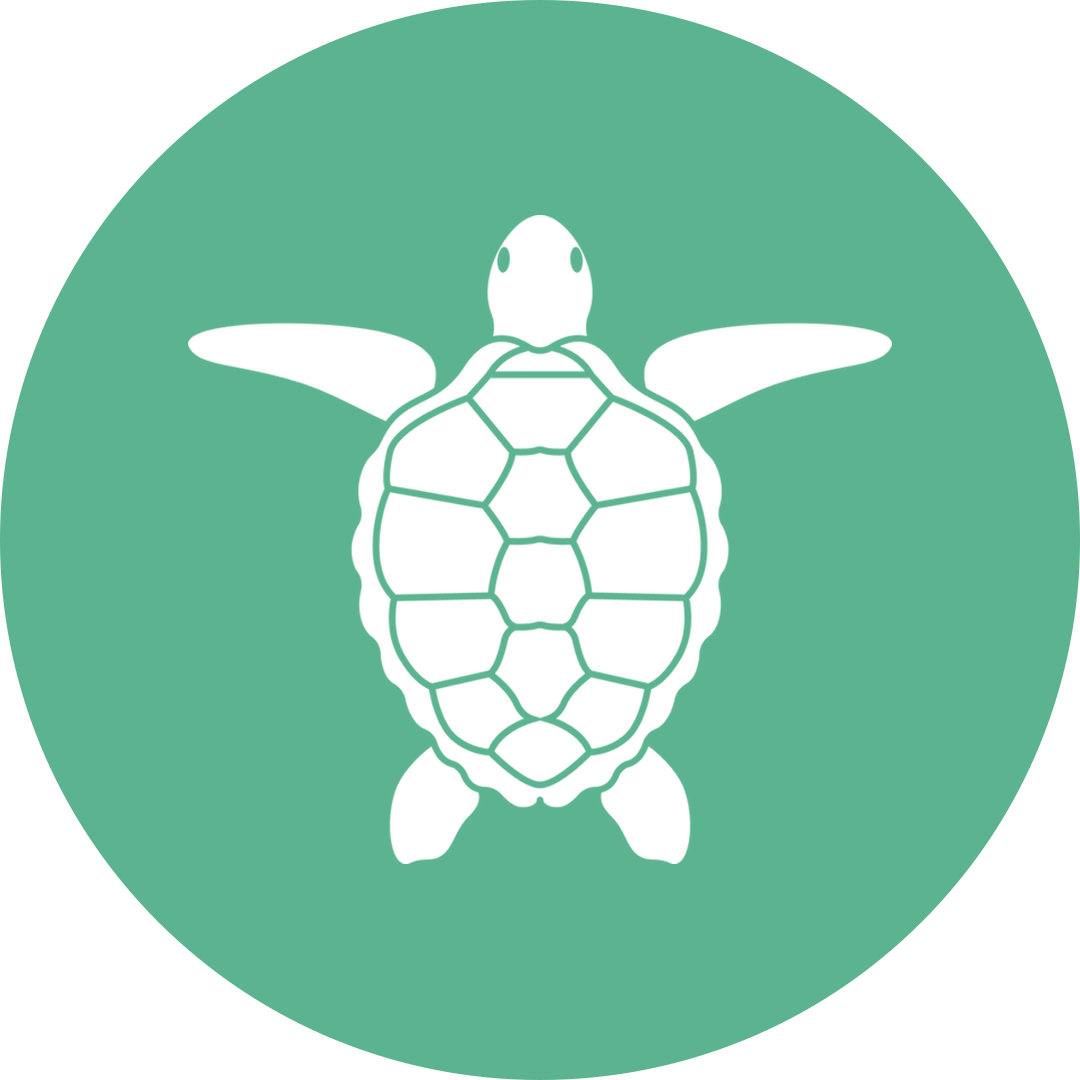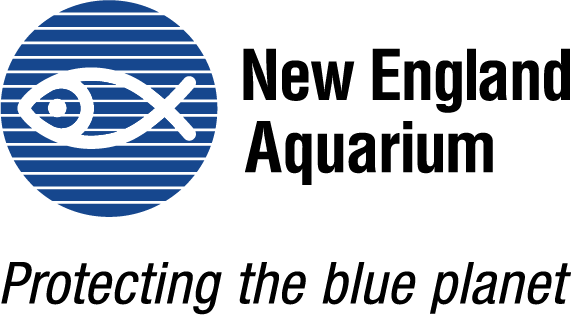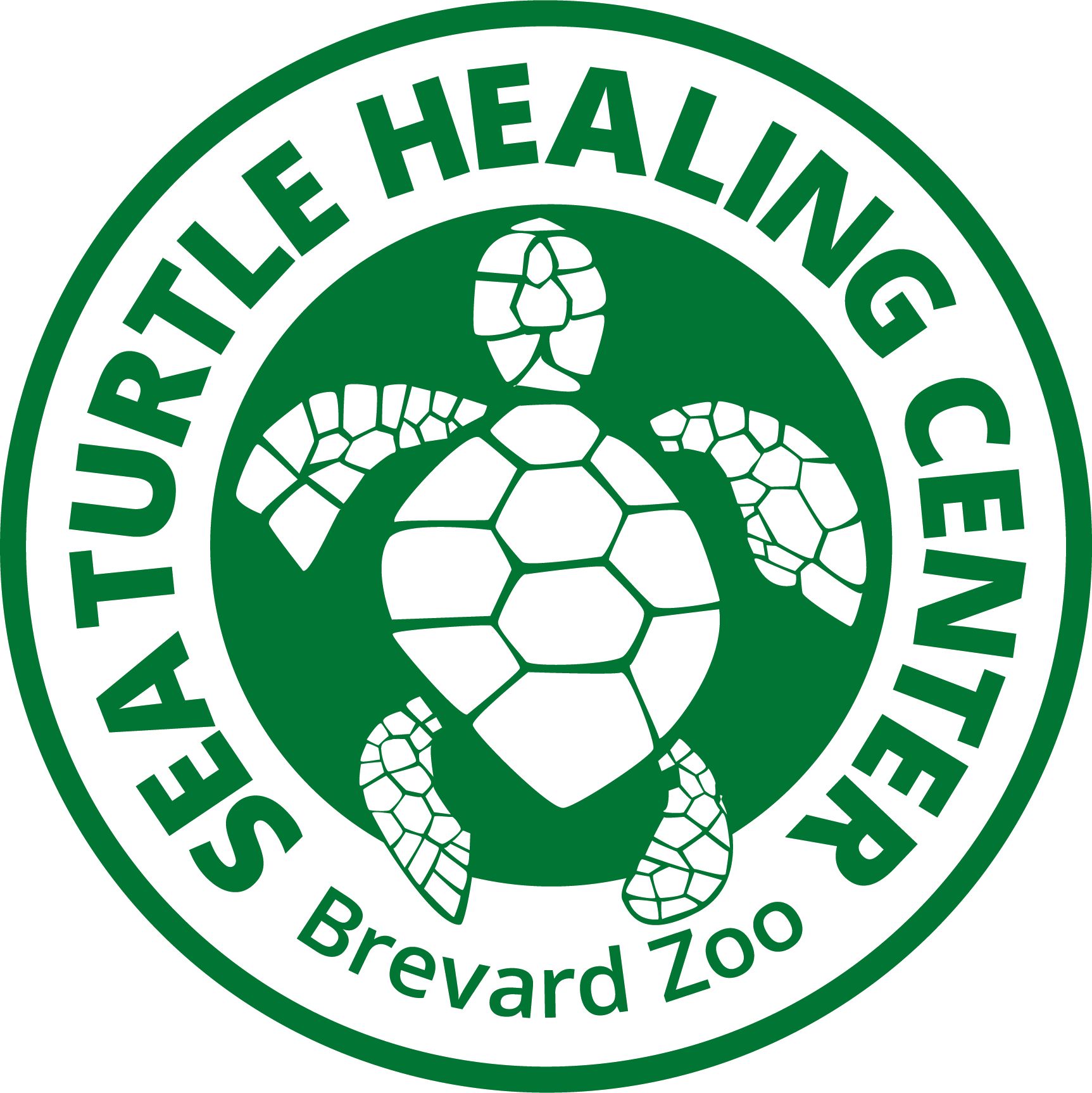Sea Turtles
These are the sea turtle hospitals you’re helping support when you enjoy our Cider for Sea Turtles.
New England Aquarium
The New England Aquarium is home to three well-known sea turtles — Myrtle, Carolina, and Retread — but that’s just the tip of the iceberg. For more than 25 years, the New England Aquarium has partnered with Mass Audubon’s Wellfleet Bay Wildlife Sanctuary to rescue, rehabilitate, and release thousands of endangered and threatened sea turtles.
In the past decade alone, staff members from the Aquarium’s Quincy Animal Care Facility have treated thousands of Kemp’s ridley, green, and loggerhead sea turtles and successfully released up to 85% of them. These numbers are especially significant considering Kemp’s ridley sea turtles are the most endangered sea turtles in the world.
Turtle treatment can last from several months to two years. The New England Aquarium’s rescue and rehab team works diligently to treat the turtles until they are healthy enough to be released.
The Aquarium has plenty of opportunities to volunteer!
Brevard Zoo's Sea Turtle Healing Center
Brevard Zoo is a 75-acre not-for-profit facility located in Melbourne, Florida. Built by the community, the Zoo opened its doors in 1994 with a mission of “Wildlife Conservation through Education and Participation.” Today the Zoo is home to more than 900 animals representing over 195 species and is a leader in the fields of animal wellness, education, and conservation. In April of 2014, Brevard Zoo opened its Sea Turtle Healing Center (STHC) in partnership with the Sea Turtle Preservation Society.
The STHC is a 2,400-square-foot facility that cares for sick and injured sea turtles and is one of only seven facilities in Florida that can care for turtles infected with fibropapillomatosis (FP), a disease that causes the growth of large warty tumors that must be removed. Patients are brought to the STHC for a variety of reasons—they may have been struck by a boat, ingested fishing line, hooks, or plastic debris, or generally be lethargic. The average non-FP green or loggerhead turtle stays at the healing center for around four months and costs an average of $1,800 to rehabilitate. An FP green turtle can stay up to 10 months and costs an average of $3,500.
In addition to providing the turtles with much-needed rest, experienced Brevard Zoo staff and dedicated volunteers use a combination of medication, surgeries, and nutritional support to nurse the turtles back to health and, ideally, return them to the ocean.



